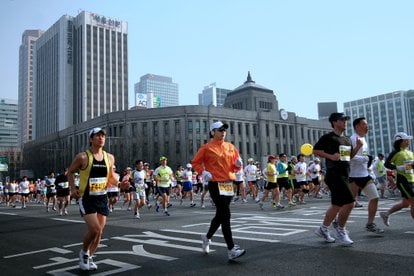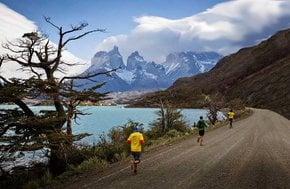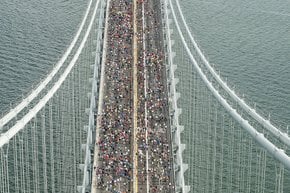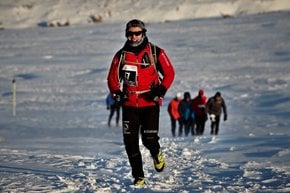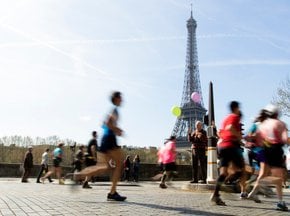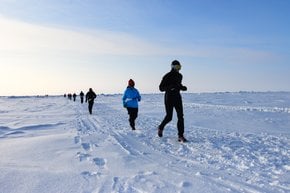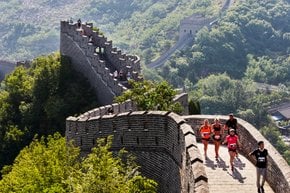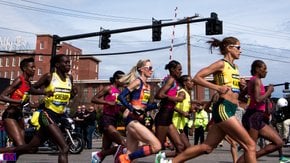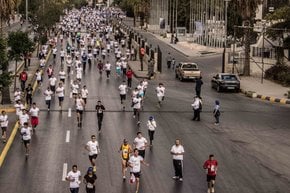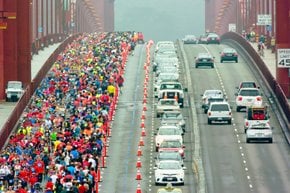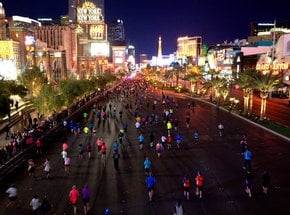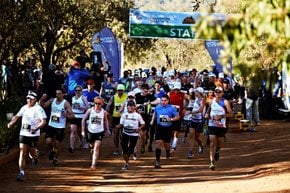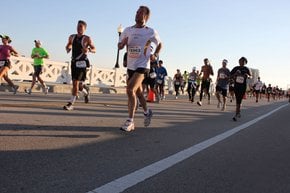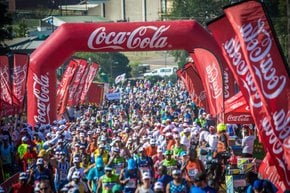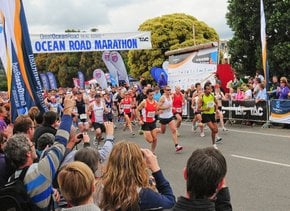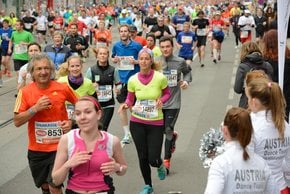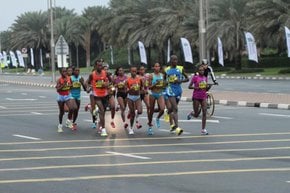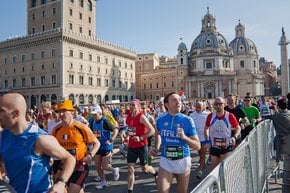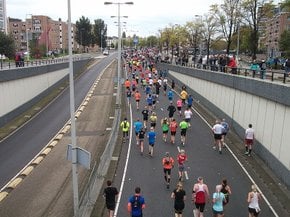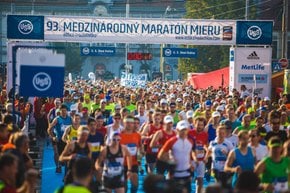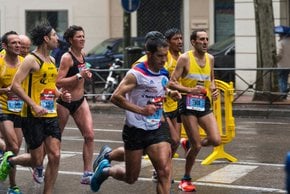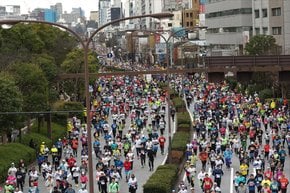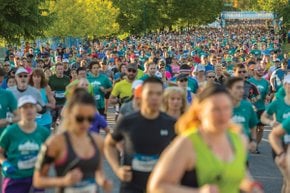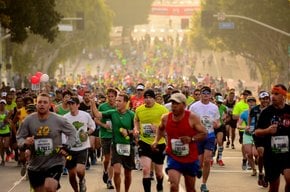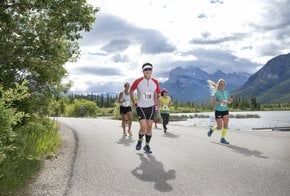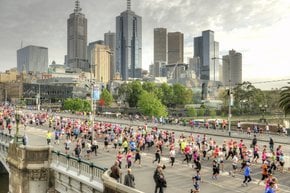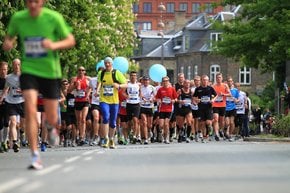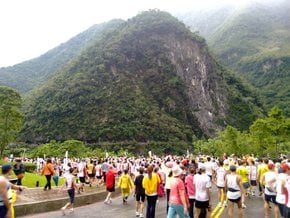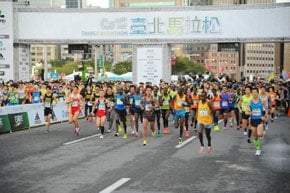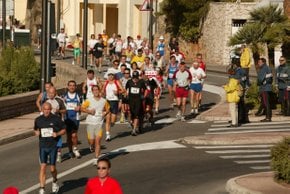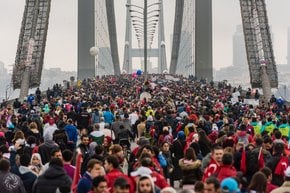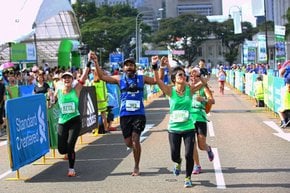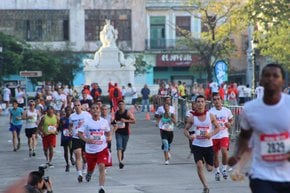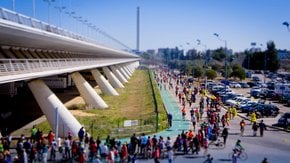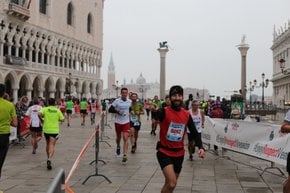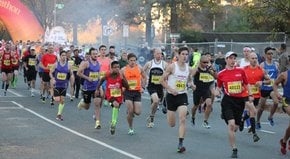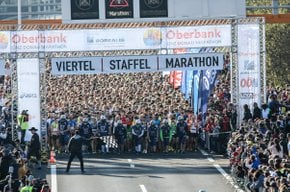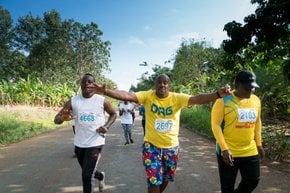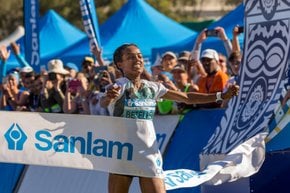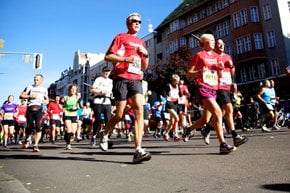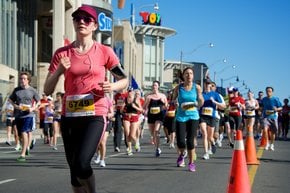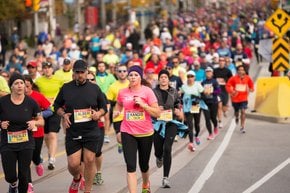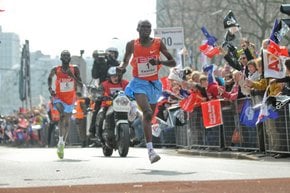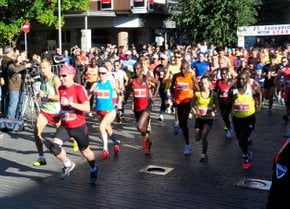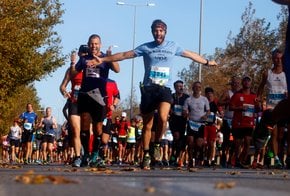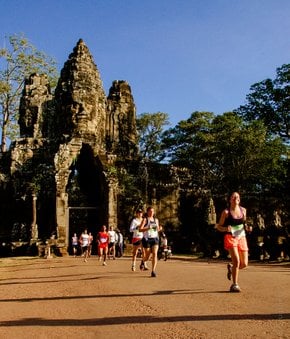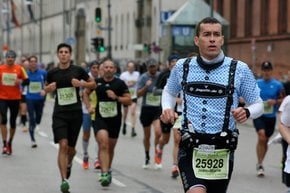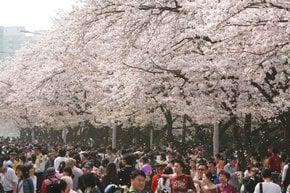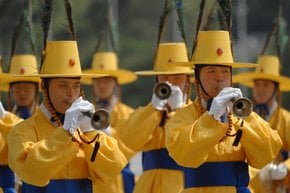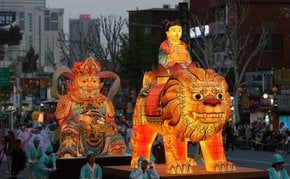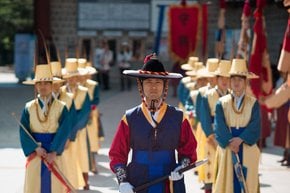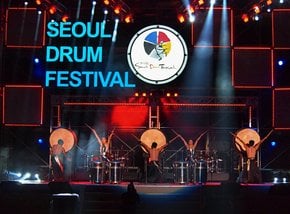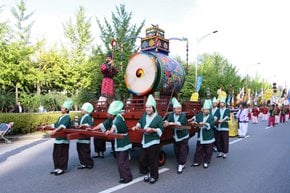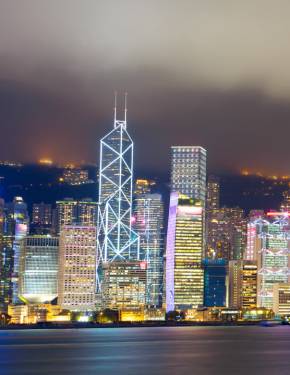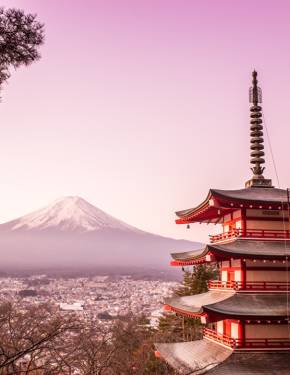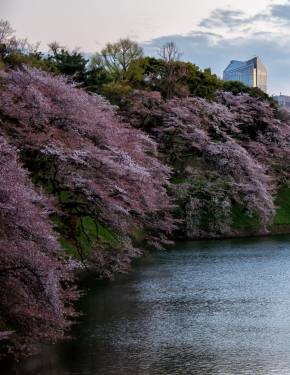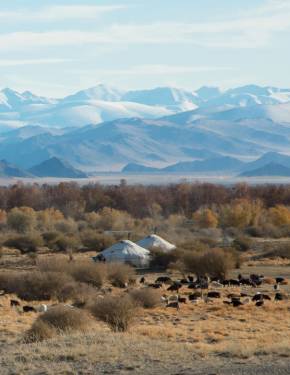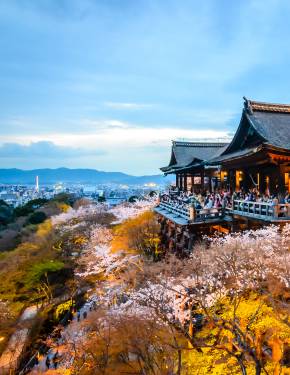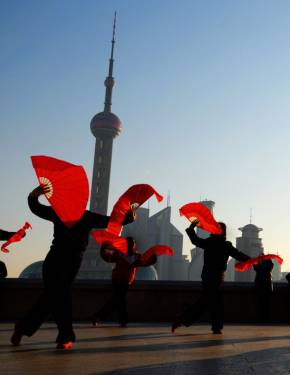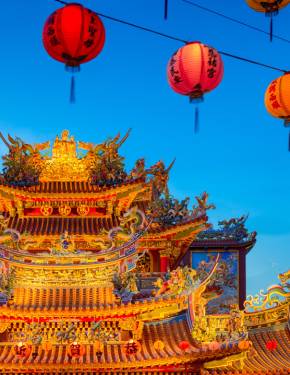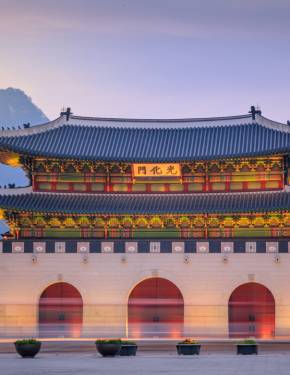Seoul International Marathon 2025
Join an iconic race that weaves through the historic and vibrant streets of South Korea's capital
Dates: March 16, 2025
The Seoul International Marathon, also known as the Dong-A Ilbo Marathon, is a prestigious event that has produced many elite marathoners since its inception in 1931. Drawing over 20,000 participants each year, this marathon is a celebration of athleticism and history, with past events setting numerous South Korean national records.
Activities and Sights Along the Route
Participants can enjoy a blend of Seoul’s vibrant cityscape and historical sites. As the course flows through Sejongno, runners will see the statue of Admiral Yi Sun-sin, a symbol of Korean resilience and heritage. The route continues through Namdaemun, Seoul’s historic gateway, and the tranquil Cheonggyecheon Park, providing a brief respite amidst the urban hustle. The path through Dongdaemun-gu and across the Han River brings runners closer to the finish line, showcasing the diverse facets of Seoul.
Schedule and Program
The marathon is scheduled for Sunday, March 16, 2025. Participants are expected to gather before 7 am to ensure a smooth start. The race kicks off from Gwanghwamun Plaza for the full marathon and the Jamsil Sports Complex for the 10K course. The event spans several hours, with runners expected to complete the 42-kilometer race within a 5-hour timeframe.
Registration and Fees
The entrance fee for the full marathon course is $80, while the 10K course costs $70. Registration is open to all individuals over 18 years of age, regardless of nationality, provided they can complete the race within the designated time. Interested participants are encouraged to register early to secure their spot in this highly anticipated event.
Location and Infrastructure
The marathon starts at Gwanghwamun Plaza, located in the Jongno District, and finishes at the Jamsil Sports Complex. Both locations are well-connected by public transport, ensuring easy access for participants and spectators. The event organizers have arranged for adequate facilities along the route, including hydration stations, medical aid points, and rest areas. Parking facilities are available, though using public transport is recommended to avoid congestion.

